The Daesh terrorist organization’s shift in strategic focus to Africa following its territorial losses in Iraq and Syria brings about new threats, the National Intelligence Academy (MIA) said on Tuesday in a report, warning that the group now exploits weak state structures, socioeconomic inequality and security gaps to expand its reach.
It published a comprehensive report titled “Daesh in Africa: Local and Regional Dynamics,” examining the growing influence of the terrorist group across the continent.
According to MIA, Daesh has adopted a “wilayat” (province-based) decentralization strategy in Africa, establishing localized branches from Libya to the Sahel, Central Africa and Mozambique. These new structures not only pose security threats but also carry significant political, social and environmental implications.
The report emphasizes that radicalization in Africa is not solely ideological but is driven by ethnic tensions, youth unemployment, structural inequalities, political exclusion and environmental crises such as drought and water scarcity. Daesh has increasingly attracted young men by offering a sense of belonging and economic stability while seeking local legitimacy through engagement with communities.
The group has moved away from traditional revenue sources like oil, instead relying on illicit activities such as smuggling, ransom, drug and arms trafficking, and forced taxation on agricultural goods. This hybrid economic structure, the report notes, makes Daesh a central actor in the conflict economy, closely linked to transnational criminal networks.
Daesh has also refined its operational tactics, using improvised explosive devices (IEDs), drone attacks and raids on civilian targets. The use of low-cost, locally sourced materials has made the group more resilient and adaptive, especially in Mali, Nigeria and Mozambique.
The MIA report also details how environmental crises contribute to insecurity, leaving farming communities vulnerable and paving the way for Daesh to offer alternative governance models. These developments, the report stresses, should prompt governments and international actors to incorporate environmental considerations into their security strategies.
It further identifies the erosion of public trust in governments due to corruption, poor public services and a growing distance between state institutions and citizens as factors aiding Daesh’s entrenchment. The group’s ability to adapt its messaging and structure to local dynamics reflects a shift from centralized control to a more flexible and fragmented network.
The report calls for enhanced regional and international cooperation, including Türkiye’s role in reducing Daesh’s influence in the Middle East. While military action remains important, MIA emphasizes that a multidimensional strategy is essential – one that includes education, deradicalization programs, counter-propaganda efforts and transparent governance reforms.
Finally, the report underscores the role of ethnic reconciliation in weakening Daesh’s recruitment channels. Political exclusion and ethnic competition are major enablers of violent extremism. Any long-term solution, MIA asserts, must address these underlying grievances alongside traditional counterterrorism efforts.
To that end, the report proposes bolstering civil society, rule of law, youth and women’s empowerment and involving faith leaders in peacebuilding processes. It also highlights the importance of media cooperation and education programs to combat the societal foundations that sustain terrorist organizations like Daesh.

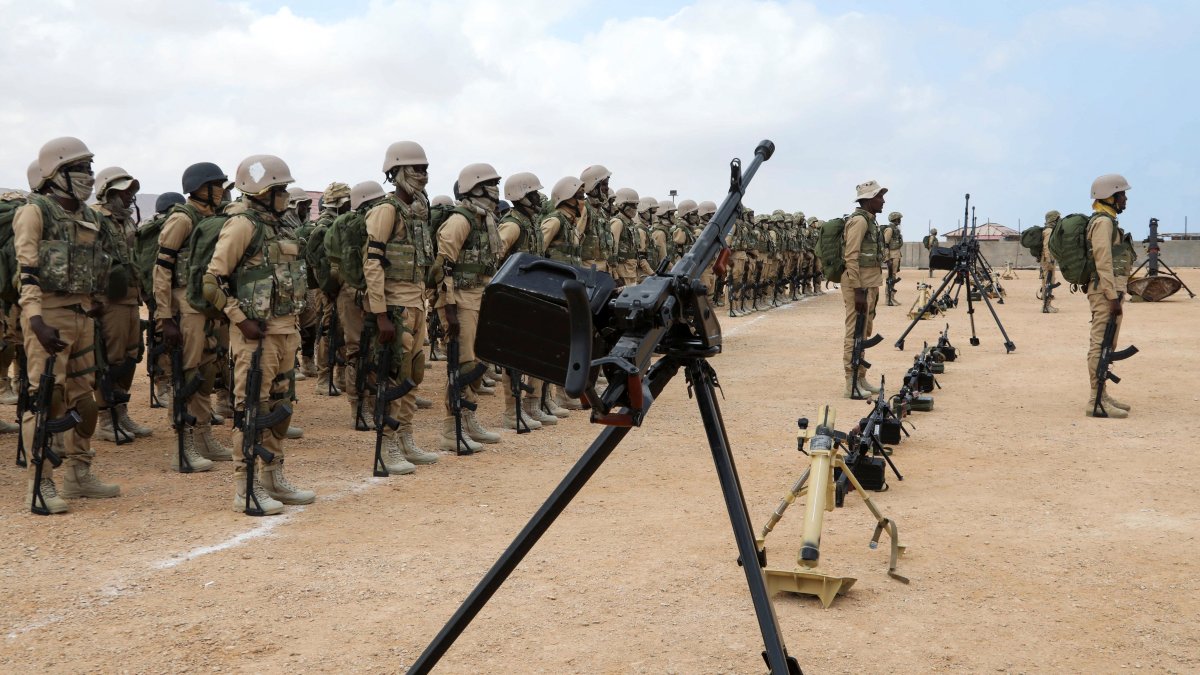

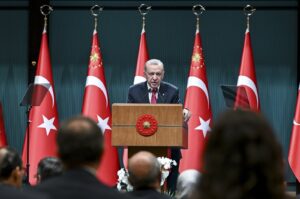

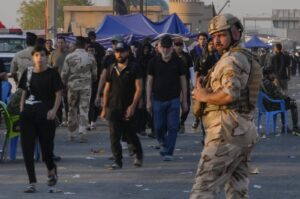


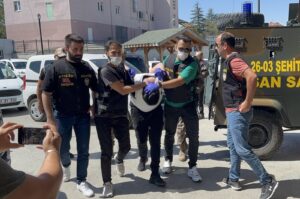
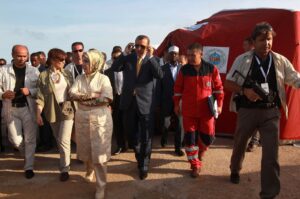



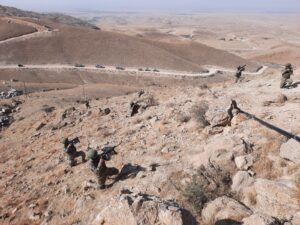
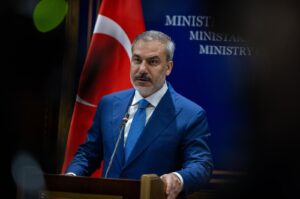
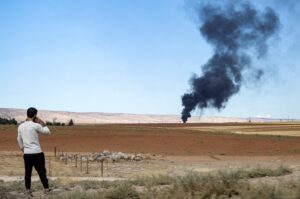







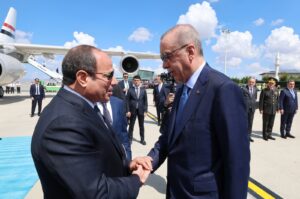




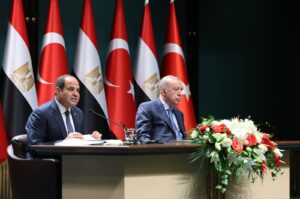

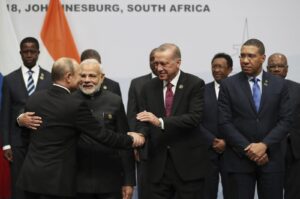
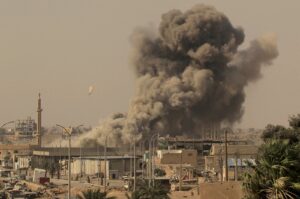
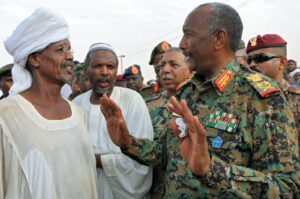
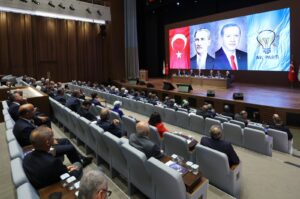

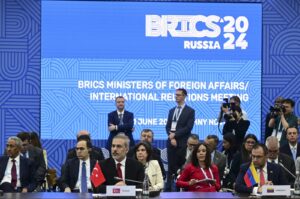
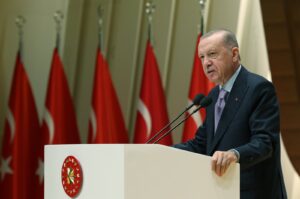


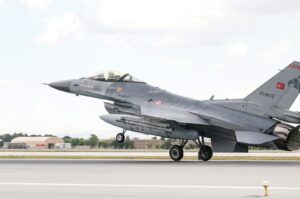







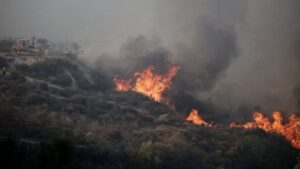

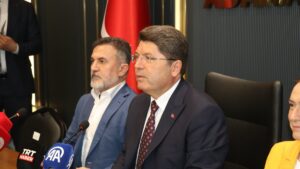
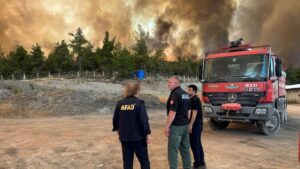

Be First to Comment